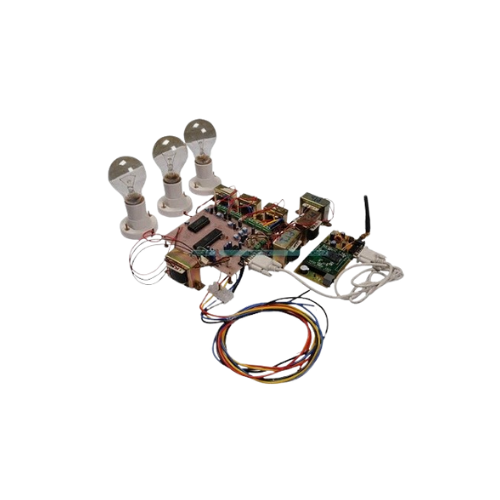Selecting the right electrical products is a critical step in any engineering project. Electrical engineers must consider a variety of factors to ensure that the products they choose meet the project’s technical requirements, safety standards, and budget constraints. Here’s a look at the key considerations that guide electrical engineers in making the best choices for their projects.
Understanding Project Requirements
- Specification Matching: Engineers begin by thoroughly understanding the project specifications. This includes knowing the voltage, current, and power requirements, as well as any specific features like automation, remote control, or energy efficiency that the project demands.
- Load Capacity: The load capacity of electrical products must align with the needs of the project. Engineers calculate the total load that the system will support and select products that can handle this load without risk of failure or overheating.
- Environmental Conditions: The operating environment significantly impacts product selection. For instance, products used in outdoor settings or harsh industrial environments need to be rugged, weather-resistant, and capable of withstanding extreme temperatures.
Prioritizing Safety and Compliance
- Adherence to Standards: Safety is paramount in electrical engineering. Engineers ensure that the products they choose comply with industry standards and regulations, such as IEC, ANSI, or local electrical codes, to mitigate risks.
- Testing and Certification: Engineers look for products that have been tested and certified by recognized bodies. This certification provides assurance that the products meet safety and performance criteria.
- Protective Features: Products with built-in safety features, such as surge protection, circuit breakers, and fault detection, are preferred to safeguard both the system and the personnel operating it.
Considering Quality and Reliability
- Brand Reputation: Engineers often rely on well-established brands known for producing high-quality, reliable electrical products. The reputation of a manufacturer can be a strong indicator of product reliability and longevity.
- Warranty and Support: Products that come with a comprehensive warranty and reliable customer support are preferred. These offerings provide a safety net in case of defects or failures, ensuring that engineers can resolve issues quickly without disrupting the project timeline.
- Field Performance: Engineers consider the track record of products in similar projects or environments. Proven field performance is a strong indicator that the product will perform reliably under the specific conditions of the new project.
Balancing Cost and Value
- Budget Constraints: While quality and performance are crucial, engineers must also consider the project’s budget. They strive to find a balance between cost and quality, ensuring that the chosen products offer the best value for money.
- Total Cost of Ownership (TCO): Engineers evaluate not just the initial purchase price but also the long-term costs associated with maintenance, energy consumption, and potential replacements. Products with a lower TCO are often more attractive in the long run.
- Supplier Relationships: Strong relationships with suppliers can lead to better pricing, faster delivery, and access to exclusive products. Engineers often work closely with trusted suppliers to secure the best deals without compromising on quality.
Integration and Compatibility
- System Compatibility: Engineers must ensure that the selected products are compatible with existing systems or other components in the project. This compatibility is critical for seamless integration and optimal performance.
- Ease of Installation: Products that are easy to install and configure are favored, as they reduce installation time and costs. Engineers often look for products that come with clear instructions, support materials, and technical assistance.
- Future-Proofing: Engineers also consider the future needs of the project. Products that are scalable, upgradable, or compatible with emerging technologies are preferred to ensure the system remains relevant and functional for years to come.
Conclusion
Choosing the best electrical products for engineering projects is a complex process that requires careful consideration of multiple factors. By focusing on project requirements, safety, quality, cost, and compatibility, electrical engineers can make informed decisions that lead to successful project outcomes. The right products not only enhance the performance and safety of the system but also contribute to the overall efficiency and longevity of the project.


